ChiTracing Public Health Citizen Scientist Certificate Program
Registration is currently closed.
This online non-degree certificate program was initially designed for contact tracers, contact tracing supervisors and resource navigators hired through the Chicago community-based contact tracing effort (ChiTracing) in response to the 2020-21 COVID-19 pandemic. Developed by the Collaboratory for Health Justice at the UIC School of Public Health, the program is relevant for Chicago community members who are interested in developing research careers, developing capabilities in evidence-based practice and/or in partnering with academic institutions, community-based organizations (CBOs), and/or public health departments. The courses build expertise in:
- Identifying community-based research questions
- Using an appropriate research design to collect and analyze data
- Generating evidence-informed solutions to guide future practice recommendations.
Participants who complete all sessions will receive a Citizen Scientist Certificate.
Completing this program will give citizen scientists tools for conducting evidence-based inquiry in their communities. It will also address how to formulate research/evaluation questions, how to collect and interpret evidence, and how to use evidence to inform decision making. Following the course, Citizen Scientists will be able to access resources and tools from the course, connect with members of the UIC community for additional support, and connect with their peers as they pursue evaluation or research activities. Citizen Scientists can work in local CBOs, to help those CBOs improve the evidence-base for their community-based activities and to assess the value those activities produce for their communities. They can also support community-level evaluation work for grants that CBOs or other organizations might apply for.
Learn about SPH's Collaboratory for Health Justice
Course schedule
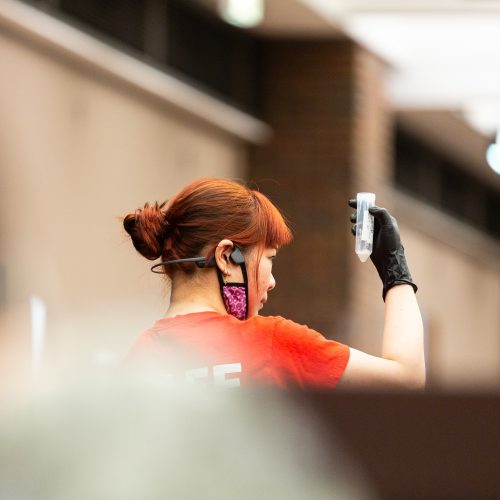
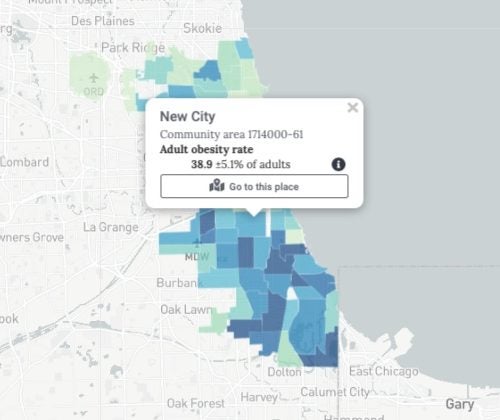
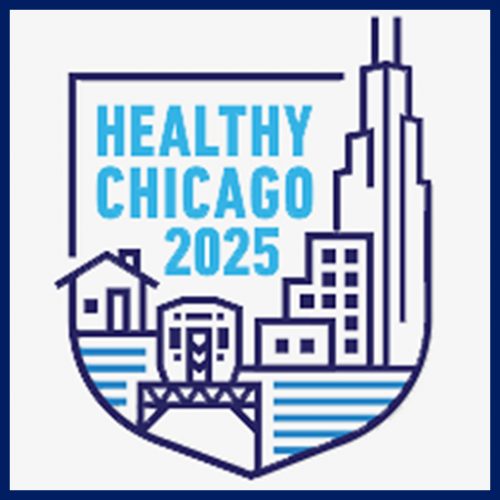
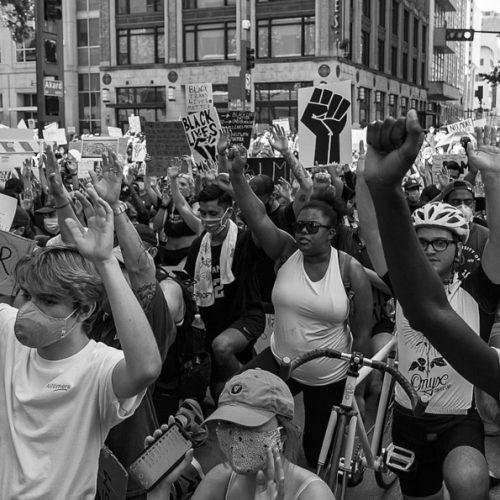
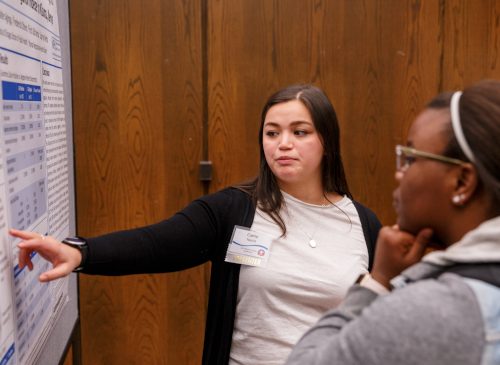
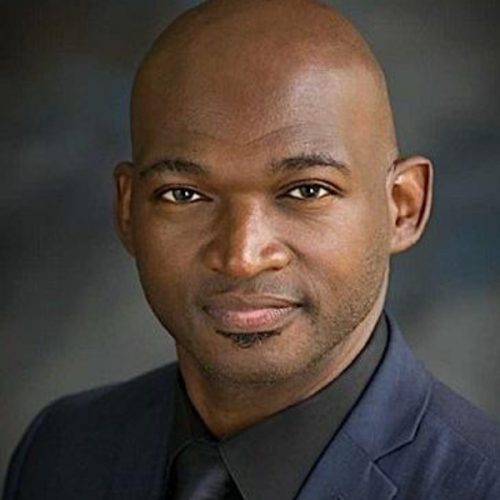
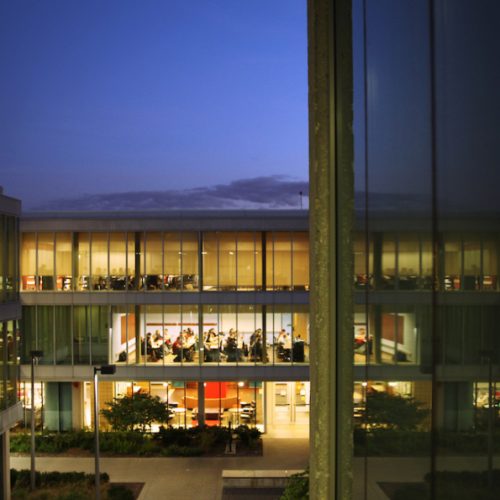
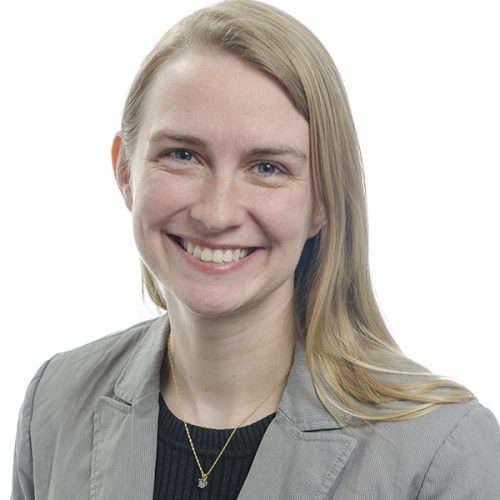
Course schedule, continued.
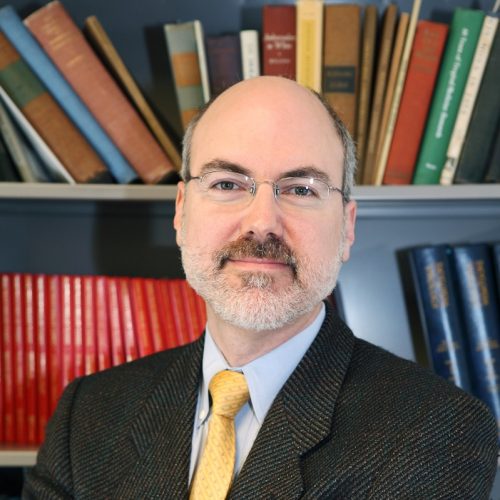
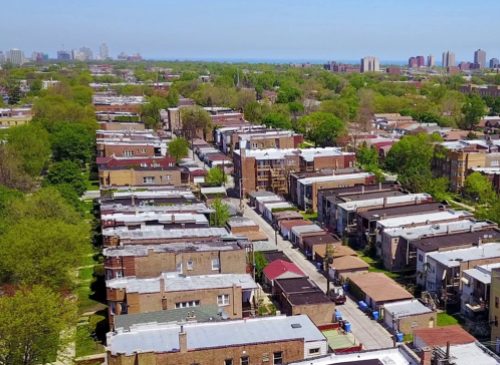
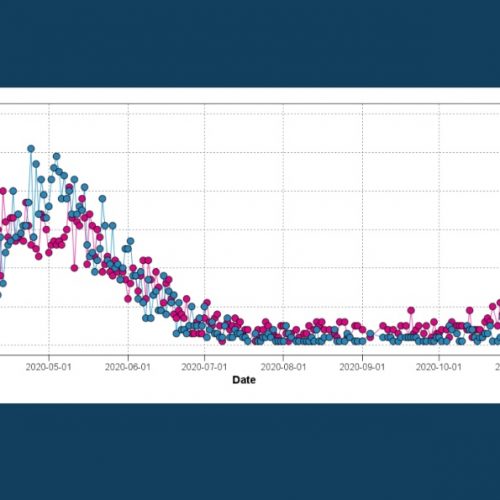
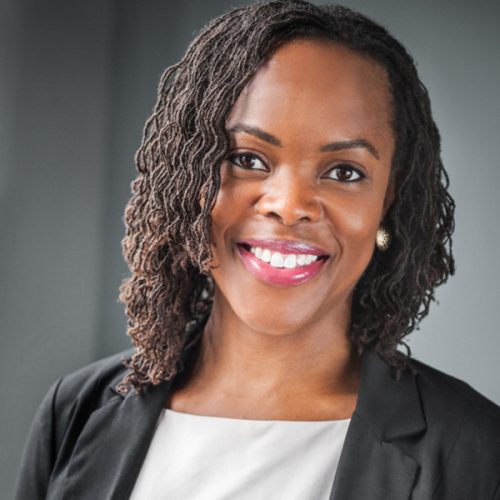
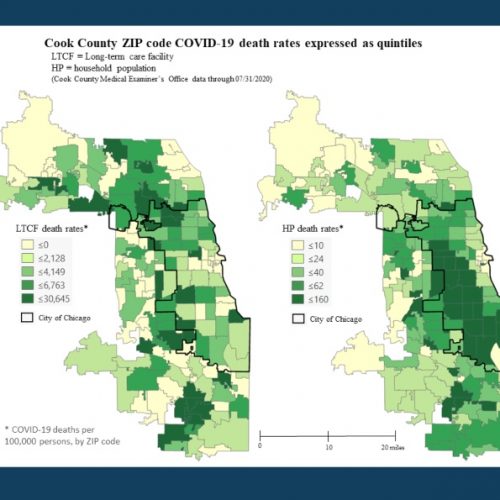
Meet the faculty

Emily E. Anderson, PhD, is an associate professor of bioethics at Loyola University Chicago. She teaches research ethics and responsible conduct of research to graduate and medical students. Her areas of interest and expertise include researcher and physician professionalism and misconduct; ethical issues in research with vulnerable populations; informed consent; institutional review board (IRB) policy; and the application of qualitative research techniques to the study of research ethics. Class date: June 3.
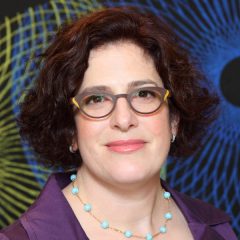
Jennifer Brier, PhD, professor of history and professor of gender and women’s studies, focuses on exploring the historical intersections of gender, race, and sexuality. Her first book, Infectious Ideas: U.S. Political Response to the AIDS Crisis (University of North Carolina Press, 2009) argues that AIDS provides the perfect lens through which to see the complex social and political history of the 1980s and 1990s. She substantiates this argument by detailing how activists, service providers, philanthropists, and the federal government responded to AIDS in the first two decades of the AIDS epidemic. She places the history of a successful yet complex and contentious social movement organized to deal with the AIDS epidemic in conversation with a more traditional political history of how the state dealt with this public health crisis. Finally, she links the local to the global by connecting the development of domestic AIDS policy and activism to global AIDS policy and activism. Class date: May 20.
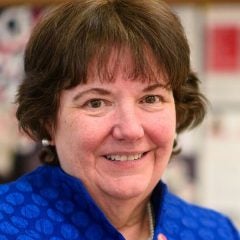
Lorraine Conroy, PhD, director of the division of environmental and occupational health sciences, is an industrial hygiene and occupational safety professional. She serves as the director for the UIC Center for Health Work, a NIOSH-funded Center of Excellence in Total Worker Health. The focus of the center is precarious work, understanding the scope of and working conditions associated with precarious work and developing multi-level intervention strategies to turn unhealthy work into healthy work. Conroy is certified in the comprehensive practice of industrial hygiene by the American Board of Industrial Hygiene and have more than 25 years of experience in research, curriculum development, and teaching in occupational and environmental health. Her expertise is in the evaluation and control of hazards in the workplace and community. Class date: May 13.
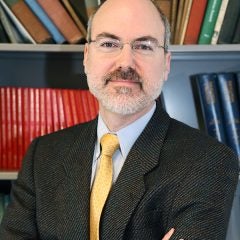
Mark Dworkin, MD, professor of epidemiology, is an infectious disease physician and epidemiologist whose research focuses on HIV medication adherence. He is currently leading a National Institutes of Health funded randomized clinical trial testing a mobile phone app intervention designed for young African American men who have sex with men that features a human avatar that teaches and motivates. Other recent research work has involved studying electronic adherence monitoring as an intervention for young African American men who have sex with men and understanding barriers to medication adherence in female sex workers living with HIV in Hyderabad, India. Other interests include public health surveillance of infectious diseases, outbreak investigation, and food poisoning prevention. Class date: June 10.
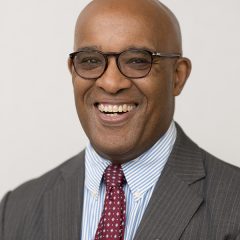
Wayne H. Giles, MD, MS, is the Dean of the School of Public Health. He joined UIC after serving for 25 years as a leader at Centers for Disease Control and Prevention focused on chronic disease prevention and health promotion. Immediately before joining UIC he led the Division for Heart Disease and Stroke Prevention where he oversaw initiatives to improve cardiovascular health by enhancing state and global activities focused on the prevention, treatment and control of heart disease and stroke. His past research and scientific work has included examining the prevalence of hypertension in Africa, studying racial differences in stroke incidence, and leading clinical trials evaluating the effectiveness of cholesterol-lowering agents. Class date: May 11.
Alexis Grant is a third-year PhD student in the division of Community Health Sciences at the UIC School of Public Health. She is a community engaged researcher with an emphasis on public health system partnerships, particularly for the purposes of implementing interventions in community settings. She takes an interdisciplinary approach and has experience with qualitative and quantitative analysis, geographic information systems, and systematic review. As the Community Engagement Fellow at the School of Public Health’s Collaboratory for Health Justice, Alexis conducts research and produces resources on best practices for community engagement, and helps coordinate community engaged research, teaching, and practice activities. Class date: May 25.
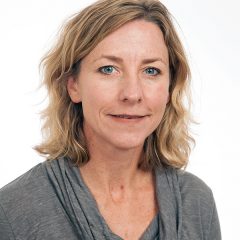
Jennifer Hebert-Beirne, PhD, associate professor of community health sciences, partners with stakeholders in Chicago community neighborhoods to explore how to build community health capacity to promote health in high hardship neighborhoods. This involves multilevel approaches to addressing issues relating to people, places and insuring equitable opportunity (schools, work, transportation, health care, child care). Her work includes leadership on the Community Engagement Core of the ChicAgo Center for Health and EnvironmenT (CACHET) working in partnership with the Southeast Environmental Task Force on the development of a computer application to track community identified perceived environmental hazards. This inventory will be used to advocate of policy, systems and environmental change strategies to fight environmental racism in Chicago. Class dates: May 18, May 27.
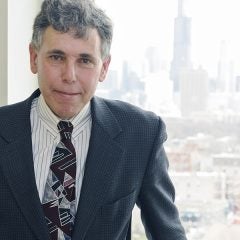
Ronald Hershow, MD, director of the division of epidemiology and biostatistics, engages in epidemiologic research that mainly deals with HIV infection in women, hepatitis C virus infection, and nosocomial infections. Areas of focus include viral coinfections and other cofactors that may influence HIV disease progression, prevention of infectious disease morbidity in substance users, and the epidemiology of antibiotic-resistant microorganisms in hospitals. In more recent years, his research has expanded globally including the study of best approaches to promote successful antiretroviral therapy use among HIV-infected injection drug users in Indonesia. Class date: May 18.
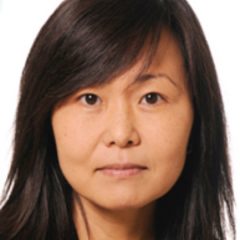
Sage Kim, PhD, associate professor of health policy and administration, focuses on effects of concentrated poverty and neighborhood effects on racial/ethnic cancer health disparities. Using various methods such as spatial analysis and multilevel models, she explores spatial patterns of arrest/incarceration, healthcare transition from corrections to community, and neighborhood factors that influence cancer screening and stage of diagnosis. Her research includes the effects of hyper-arrest on neighborhood economic outcomes, racialized surveillance and the use of police gang database, treatment adherence among former inmates with HIV infection, and the uneven distribution of safety net programs. Class date: May 18.
Melissa Martin, MPH ’13, joined the Collaboratory for Health Justice in October 2020 as the Chicago COVID-19 Contact Tracing Corps Coordinator. Melissa has several years of experience working in public health workforce development. Most recently Melissa served as the director of workforce programs at a Chicago based nonprofit where she was responsible for identifying workforce barriers, as well as policy and systems change strategies, for advancing equity & justice in the public health & healthcare workforce. Class date: May 13.
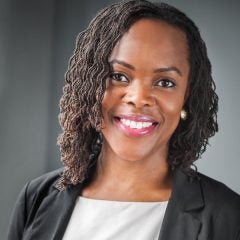
Uchechi Mitchell, PhD, assistant professor of community health sciences, focuses on racial/ethnic disparities in the health and wellbeing of older adults. She uses data from large, national surveys to identify the pathways leading to disparities in psychosocial outcomes (e.g., hopelessness) and biomarkers of physiological functioning (e.g., allostatic load, inflammation). Her research highlights the role of stress, social support and coping in maintaining health and important health resources, like consumer technology. Class date: June 22.
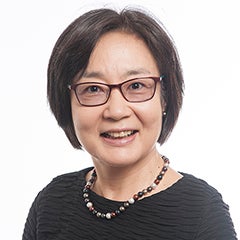
Naoko Muramatsu, PhD, professor of community health sciences, is an expert on home and community-based services, caregiving and the workforce serving the aging. She is passionate about improving the well-being of aging populations and the quality of long-term care systems. Her research focuses on understanding how place impacts aging, health, work, and caregiving experiences of diverse populations nationally and globally. Her current research develops cost-effective, sustainable community-based health promotion programs in partnership with older adults, caregivers, community-based organizations, and multidisciplinary research teams. Her teaching interests include aging, health, and health care, and research methods. Class date: June 29.
Nadine Peacock, PhD, associate dean for diversity and inclusion and associate professor of community health sciences, is a qualitative and mixed-methods researcher with a background in anthropology. She has focused on public health interventions to promote safe infant sleep, pregnancy intentions among African American women and community college students. In these areas, she explores racial and ethnic disparities in sleep-related infant death and in rates of unintended pregnancy. Globally, she has conducted research in sub-Saharan Africa on women’s work, energetics and ovarian function, and HIV/STI risk behaviors of young women. Class date: June 24.
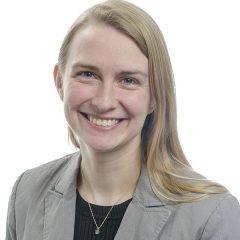
Emily Stiehl, PhD, is an assistant professor of health policy and administration. She is an expert in healthcare management, while her research focuses on worker well-being, health and safety of precarious workers, well-being in healthcare and qualitative public health research. Class dates: June 8, June 29.
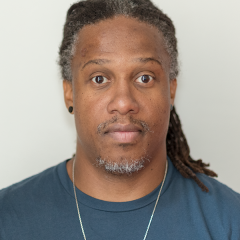
David Stovall, PhD, professor of criminology, law, and justice, focuses on critical race theory, the relationship between housing and education and the intersection of race, place and school. In the attempt to bring theory to action, he works with community organizations and schools to address issues of equity, justice and abolishing the school/prison nexus. His work led him to become a member of the design team for the Greater Lawndale/Little Village School for Social Justice (SOJO), which opened in the Fall of 2005. Furthering his work with communities, students, and teachers, his work manifests itself in his involvement with the Peoples Education Movement, a collection of classroom teachers, community members, students and university professors in Chicago, Los Angeles and the San Francisco Bay Area who engage in collaborative community projects centered in creating relevant curriculum. In addition to his duties and responsibilities as a professor at UIC, he also served as a volunteer social studies teacher at the Greater Lawndale/Little Village School for Social Justice from 2005-2018. Class date: May 25.
Alisa Velonis, PhD, assistant professor of community health sciences, works toward solution-focused responses to intimate partner and gender-based violence. Much of her current work aims to improve health care systems’ ability to identify and respond to partner violence, especially through the use of implementation science and mobile technology, and demonstrates the importance of investing in the early stages of implementation readiness to create successful screening and response programs. Her teaching interests include reproductive health, gender-based violence, realist methodology, community health assessment and program evaluation. Class date: June 29.
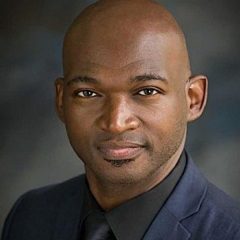
Karriem S. Watson, DHSc, MPH ’10, is a research scientist with the University of Illinois Cancer Center and the Director of the Office of Community Engaged Research and Implementation Science for the UI Cancer Center and the Mile Square Health Center, a group of federally qualified health clinics affiliated with the University of Illinois Hospital and Health Sciences System. He supports the UI Cancer Center by fostering community and academic partnerships and supporting research and training conducted at the community level. Class date: June 1.